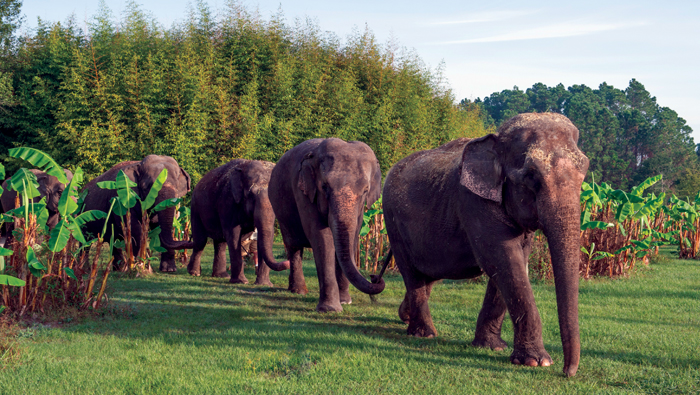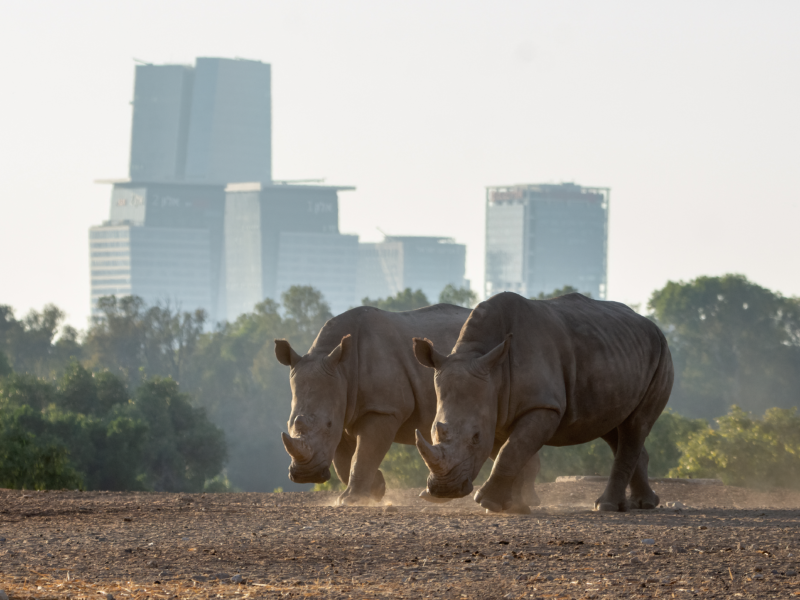On May 1, the iconic Ringling Bros. and Barnum & Bailey Circus elephants performed their last show under the big top. The elephants were originally slated to retire in 2018, but a decision was made to move all of the remaining performing elephants to the Ringling Bros. and Barnum & Bailey Center for Elephant Conservation early.
“Elephants have been part of the circus for 145 years and they will now be part of our history,” explains Alana Feld, executive vice president and producer for Feld Entertainment, which produces the Ringling Bros. and Barnum & Bailey Circus. “What makes Ringling Bros. so great – what make it The Greatest Show on Earth, the reason it has been around as long as it has, one year older than baseball, older than Coca Cola – because it’s changed. And this is another evolution in that change and our legacy of Ringling Bros.”
Since its opening in 1995, the 200-acre CEC in Florida has concentrated on the care and conservation of these endangered Asian elephants. When these last traveling elephants join the current group at the facility, there will be 40 elephants in total, the largest Asian elephant herd in the Western Hemisphere.
In addition to the conservation work being done, these elephants will now be involved in some groundbreaking pediatric cancer research. Pediatric oncologist Dr. Joshua Schiffman and the team from Intermountain Primary Children’s Hospital, the Department of Pediatrics and Huntsman Cancer Institute, all in Salt Lake City, are studying the elephants’ DNA.
Based on their enormous size and increased number of cells, logic states that elephants would be more likely to have an increased rate of cancer. However, the opposite is true. Elephants almost never get cancer, with a mortality rate of less than 5%, compared to up to 25% in humans. In studying the elephants’ unique genetic makeup, the researchers are hoping to gain knowledge that will change the treatment of childhood cancer.
“They are doing something as simple as taking a blood sample from our elephants, to study their DNA,” explains Alana. “It’s been so interesting getting involved in this, and it’s something that I am so proud of. My family [and I] are just really hopeful that something will come of it; that our elephants will be a huge part of our future because of all of our conservation efforts. Certainly their legacy will be even greater if this cancer research actually comes through and there is something that comes from this.”
To find out more about the Ringling Bros. and Barnum & Bailey Center for Elephant Conservation and the research being done there, visit ringlingelephantcenter.com.






